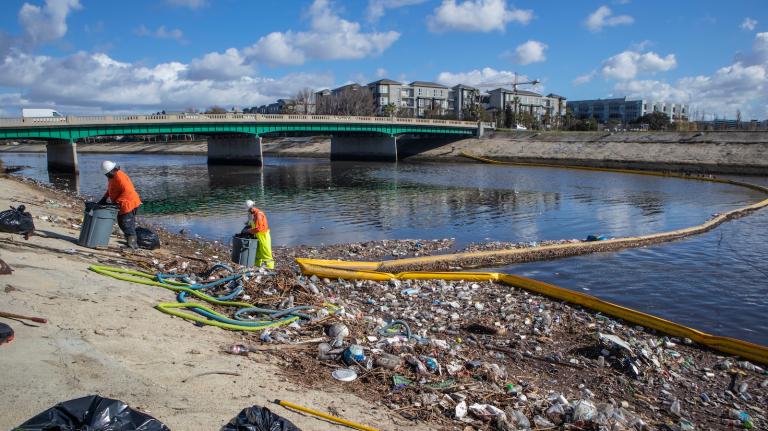The University of Arizona this week delayed implementation of its climate action plan citing a $177 million budget deficit. Despite rising revenues, the university has been grappling with low cash reserves due to overspending, and is now dealing with hiring freezes, flat-lined salaries, and potential layoffs. Now, the university’s climate commitments may be on the chopping block.
Nick Prevenas, director of media relations at the University of Arizona, said the administration is “currently reassessing how to approach the final steps in the development of the university’s Sustainability and Climate Action Plan to ensure it best supports the university’s Financial Action Plan.”
Six working groups and two technical teams spent last fall working on nearly 100 recommendations to decrease carbon emissions at the university, including upgrading facilities, incentivizing cleaner transportation options, and improving public awareness of sustainability issues. The list of final recommendations includes divesting from fossil fuels by 2030, creating positions to oversee socially conscious investing, and creating policy to deal with donations from individuals or groups with ties to the fossil fuel industry. According to Prevenas, 6 percent of the University of Arizona Foundation’s endowment is currently made up of privately managed fossil fuel investments, which is valued at about $75 million.
It is now unclear when or if those proposals will be put into action, and Prevanas did not respond to direct questions about how long implementation may be delayed.
“We are the only public university in Arizona that doesn’t have a climate action plan,” said Samantha Gonsalves-Wetherell, a senior at the University of Arizona who has been a leader in the campus divestment movement. “It shows a lack of responsibility and accountability.”
Jake Lowe, executive director of the Campus Climate Network, says Arizona isn’t the first university to backtrack from divestment goals, noting that students at the University of Illinois have protested similar delays. But he says there’s a financial case for sticking with divestment goals, citing a recent analysis by the Institute for Energy Economics and Financial Analysis that advocates for a green transition.
“Weak economic performance and an unstable future for fossil fuels have made it clear that divestment can be achieved without financial harm to any individual investment fund,” the analysis says. “Divestment is a defensive tool employed to protect investors from the loss of value — losses as certain as climate change’s global reach.”
The news comes just weeks after a Grist investigation found that Arizona is among several universities that rely on fossil fuel production, mining, and other extractive industries to earn revenue from land taken from Indigenous peoples. Divestment activists at the University of Arizona have called the practice shocking, but not shocking.
Nadira Mitchell, a Diné student at the university who is currently serving as Miss Native American University of Arizona, was among those disappointed by Grist’s findings, and the delay in the climate action plan compounds her frustration.
“If sports funding isn’t cut and the climate action plan is,” she said, “that kind of shows what the university’s priorities are.”



